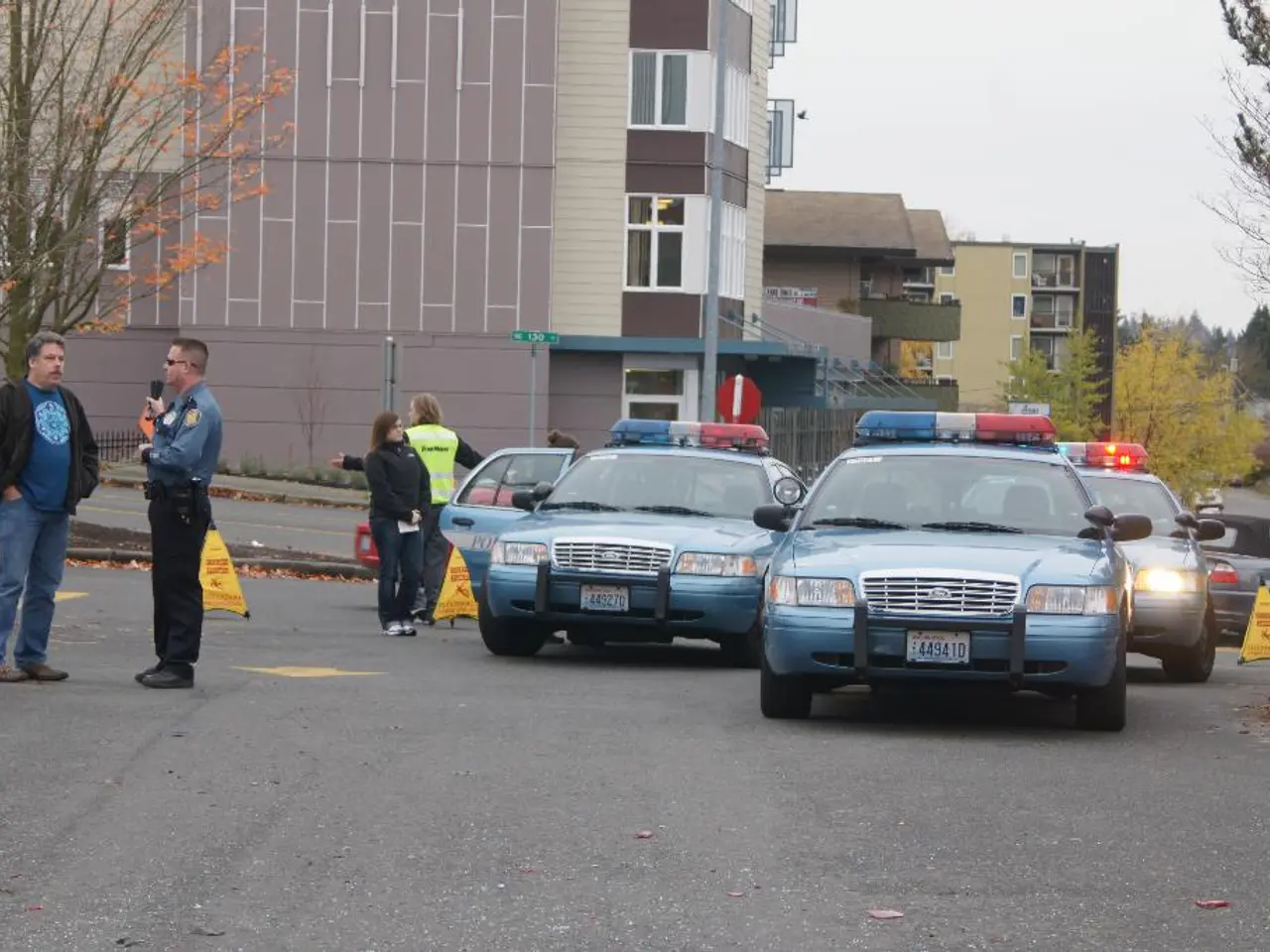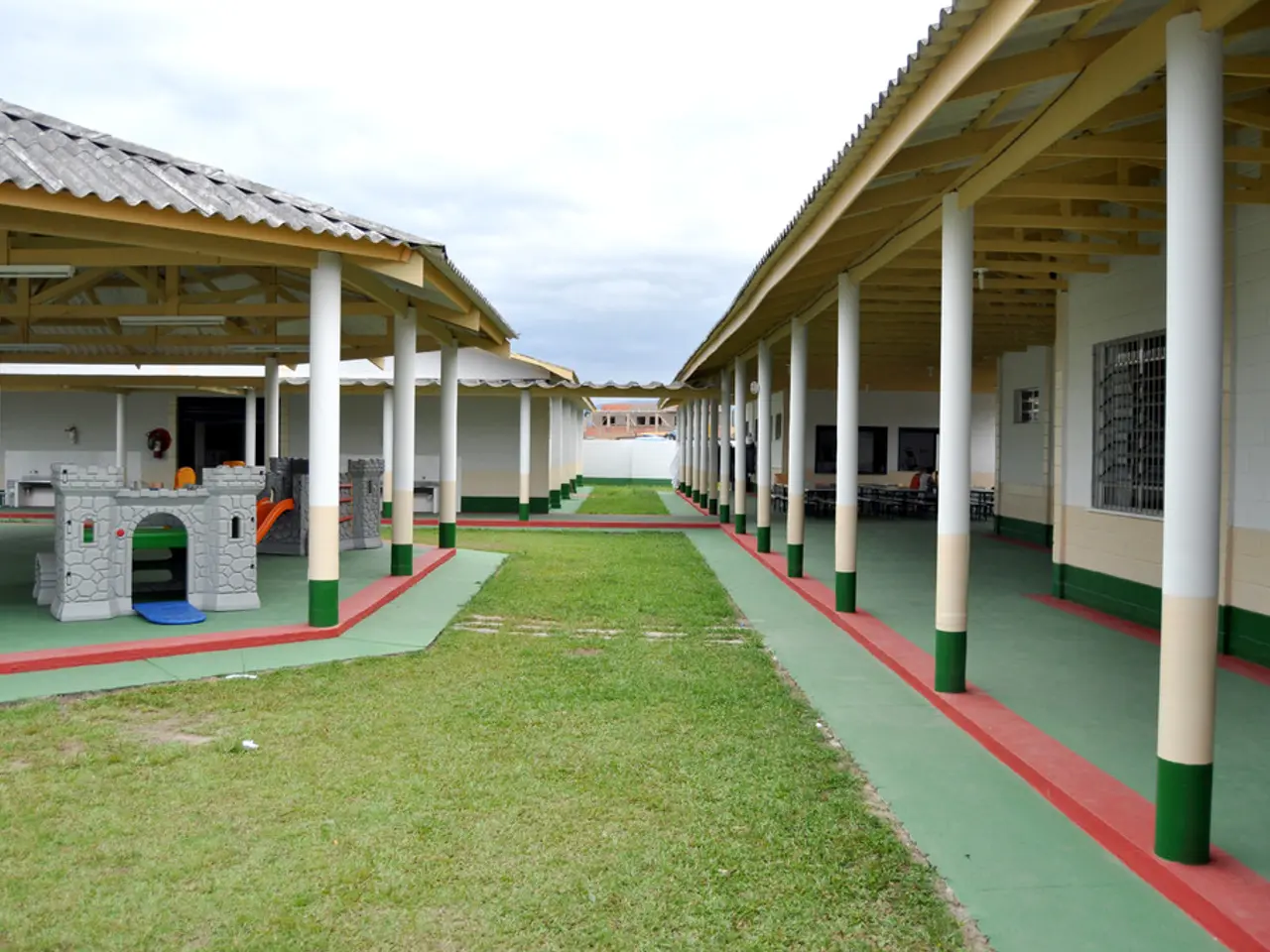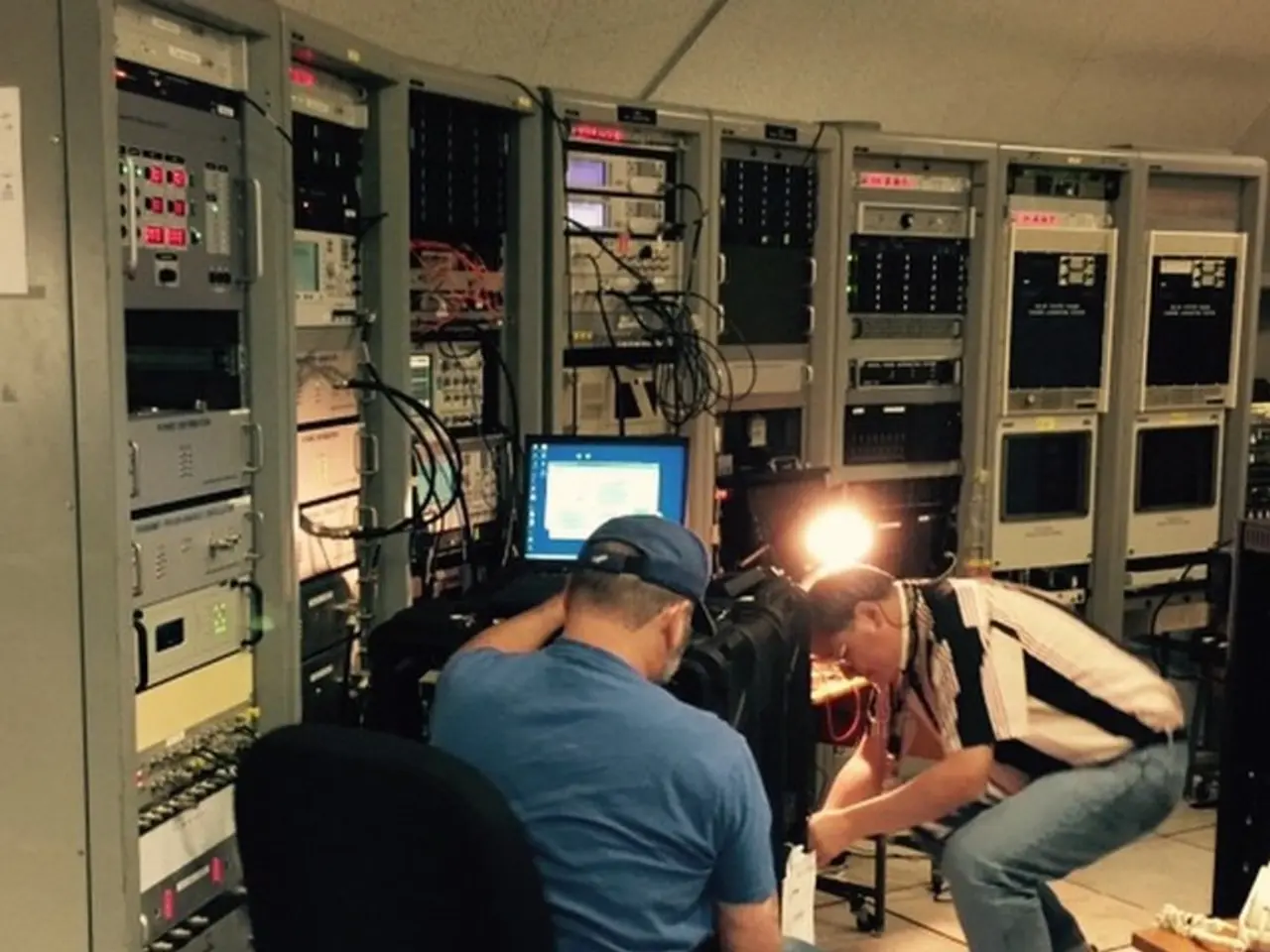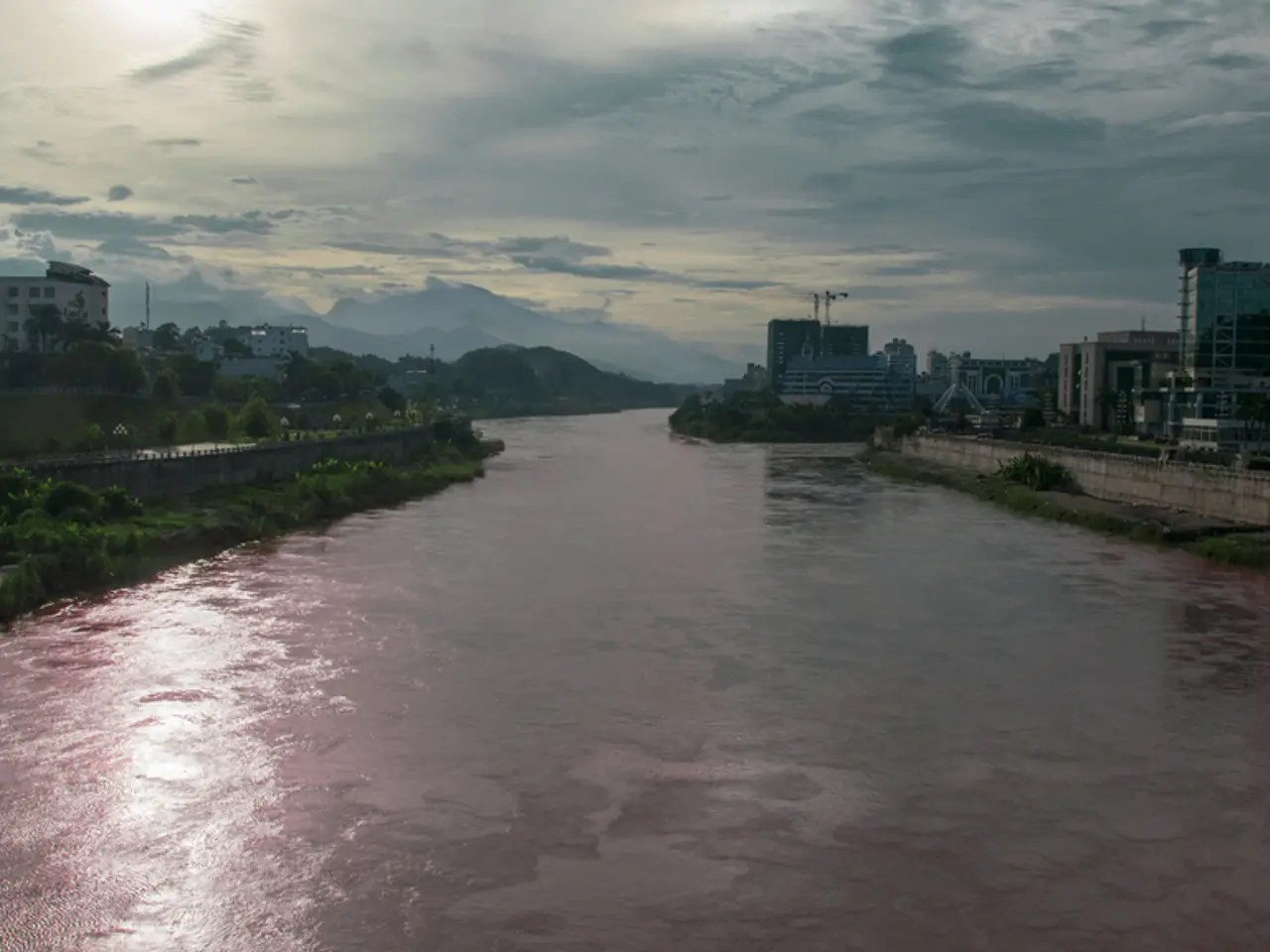Blackout triggers Level 3 emergency in eight communities, defined as a near collapse of the power system, impacting essential services.
Spain Activates Level 3 National Emergency Amidst Crisis
Spain has taken a significant step in its crisis management by activating Level 3 of the National Emergency, marking the highest alert status in the country. This decision was announced by Pedro Sánchez, the President of the Government, following an extraordinary meeting of the National Security Council.
Level 3 activation signifies full mobilization of government resources and coordination to manage a severe crisis. It empowers the government to adopt extraordinary measures to protect public safety, ensure the functioning of essential services, and coordinate emergency responses across different regions and agencies effectively.
Key aspects of Level 3 activation include:
- National coordination of civil defense and emergency services.
- Centralized command to efficiently allocate and manage resources.
- Implementation of emergency protocols to protect citizens against threats such as natural disasters, infrastructural failures, or other large-scale emergencies.
- Legal empowerment to impose restrictions or requisitions as necessary to safeguard public welfare.
This level of emergency reflects a situation where the severity of the crisis requires maximum preparedness and response capabilities to mitigate risks and protect national continuity and health sovereignty.
The energy crisis affecting eight autonomous communities (Madrid, Andalusia, Extremadura, Region of Murcia, La Rioja, Galicia, Castile-La Mancha, and the Valencian Community) has been taken over by the Government. The Minister of the Interior now assumes direction when a national interest emergency is declared, coordinating and managing all state, autonomous, and local resources in the affected territorial scope.
Each autonomous community has its own territorial autonomous plan, which establishes the general organizational framework for managing emergencies within its scope. The State General Emergency Plan for Civil Protection (PLEGEP) outlines mechanisms for resource mobilization and Public Administration coordination in national interest civil protection emergencies.
In times of crisis, radio has emerged as a key medium, while calm, respect, and civic harmony have been observed despite the blackout in certain areas. However, there have been reports of confusion and crowds in the streets during the blackout, reminiscent of images from the pandemic. Atocha Station has been closed due to the blackout, causing confusion among travelers.
The end of the emergency will be agreed upon by the Director of the State General Emergency Plan for Civil Protection when the circumstances that motivated its declaration have ceased. Alberto Núñez Feijóo, leader of the Popular Party, had previously asked Pedro Sánchez to declare a national emergency due to the storm and offered the support of the PP to approve aid.
This is the first time in the history of Spain that Level 3 of the emergency plan has been applied. The Government is calling on other communities to request the activation of Level 3 of National Emergency to allow the State to take full control of management.
- The finance industry and businesses are closely monitoring Spain's activation of Level 3 National Emergency, given the implications of mobilizing all government resources to manage a severe crisis.
- In the general news and politics landscape, the declaration of Level 3 National Emergency in Spain has raised questions about the government's power to impose restrictions or requisitions for public safety.
- The crime and justice sector may face challenges during a Level 3 National Emergency, as the increased control by the State could potentially impact civil liberties and the administration of justice.




